《中國的出口管制》白皮書(雙語全文)
新華網(wǎng) 2021-12-29 14:00

國務院新聞辦公室12月29日發(fā)布《中國的出口管制》白皮書。
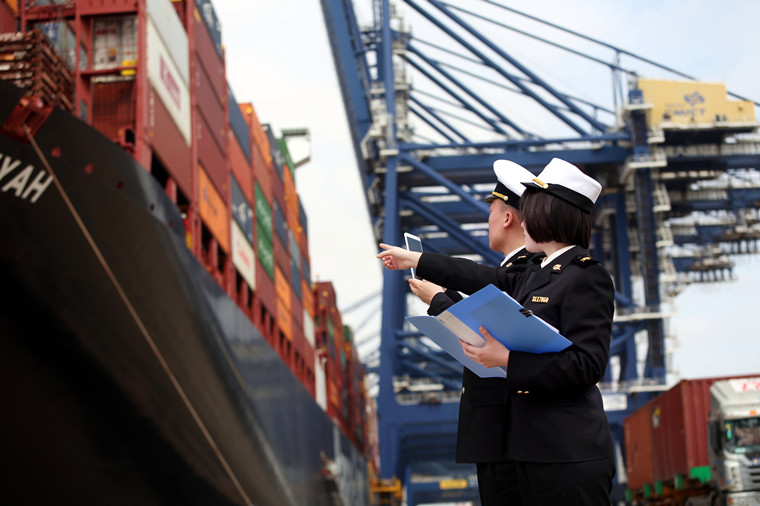
雙語全文如下:
中國的出口管制
China's Export Controls
(2021年12月)
中華人民共和國
國務院新聞辦公室
The State Council Information Office of the People's Republic of China
December 2021
First Edition 2021
目錄
Contents
前言
Preamble
一、中國出口管制的基本立場
I. China's Basic Position on Export Controls
二、不斷完善出口管制法律制度和管理體制
II. Ongoing Improvements to the Legal and Regulatory System for Export Controls
三、持續(xù)推進出口管制體系現(xiàn)代化
III. Modernizing the Export Control System
四、積極開展出口管制國際交流與合作
IV. Promoting International Exchanges and Cooperation
結(jié)束語
Conclusion
前言
Preamble
出口管制是指對兩用物項、軍品、核以及其他與維護國家安全和利益、履行防擴散等國際義務相關(guān)的貨物、技術(shù)、服務等物項出口,采取禁止或者限制性措施,是國際上通行的做法。
Export controls are a standard international practice. They involve prohibitive or restrictive measures on the export of dual-use items, military products, nuclear materials, and other goods, technologies and services related to safeguarding national security and national interests, and other restrictions related to fulfilling non-proliferation and other international obligations.
當今世界正經(jīng)歷百年未有之大變局,不穩(wěn)定性不確定性顯著上升,國際安全體系和秩序受到?jīng)_擊,世界和平面臨多元挑戰(zhàn)和威脅。公正、合理、非歧視的出口管制,對于有效應對新形勢下國際和地區(qū)安全風險與挑戰(zhàn)、維護世界和平與發(fā)展,地位和作用日益凸顯。各國普遍高度重視和積極推進出口管制工作,通過建立和執(zhí)行法律制度,加強和規(guī)范出口管制。
The world is undergoing profound changes of a scale unseen in a century, with an increase in destabilizing factors and uncertainties, disruption to international security and order, and challenges and threats to world peace. The status and role of fair, reasonable, and non-discriminatory export control measures is growing in importance as an effective means to address international and regional security risks and challenges and safeguard world peace and development. All countries pay close attention to export controls and take an active approach to strengthening and standardizing their approach by establishing and enforcing measures through their legal systems.
中國作為聯(lián)合國安理會常任理事國、世界貨物貿(mào)易和制造業(yè)第一大國,始終本著維護國家安全,維護世界和平與地區(qū)安全的原則,不斷完善出口管制治理。進入新時代,中國在習近平新時代中國特色社會主義思想指引下,堅持總體國家安全觀,更加積極地融入經(jīng)濟全球化進程。中國著眼于更好地建設更高水平開放型經(jīng)濟新體制和建設更高水平的平安中國,實現(xiàn)高質(zhì)量發(fā)展和高水平安全的良性互動,推動出口管制體系現(xiàn)代化,出口管制治理取得新發(fā)展、新成就。中國從全球視角思考責任擔當,認真履行國際義務,加強國際交流與合作,以實際行動積極參與出口管制國際協(xié)調(diào),推動相關(guān)國際進程,與各國攜手構(gòu)建人類命運共同體,為世界和平與發(fā)展注入了正能量。
As a permanent member of the UN Security Council, and the largest trader and manufacturer of goods, China has always been committed to the principle of safeguarding national security, world peace and regional security by steadily improving export control governance. Guided by Xi Jinping Thought on Socialism with Chinese Characteristics for a New Era, China is pursuing a holistic approach to national security and taking more active steps to integrate into the process of economic globalization. To build a more open economy and a more peaceful China, China strives to achieve sound interaction between high-quality development and guaranteed security, modernize its export control regime, and make new progress in export control governance. China will assume its responsibilities from a global perspective, conscientiously undertake its international obligations, and step up international exchanges and cooperation. It will take concrete actions to participate in the international coordination of export controls, make progress on related international processes, and work together with all other countries in building a global community of shared future and delivering a strong boost to world peace and development.
為全面介紹中國出口管制的基本立場和政策主張,增進國際社會對中國出口管制的了解,特發(fā)布本白皮書。
The Chinese government is publishing this white paper to provide a full picture of China's policies on export controls, and to help the international community better understand China's position.
一、中國出口管制的基本立場
I. China's Basic Position on Export Controls
中國作為負責任大國,堅定維護以聯(lián)合國為核心的國際體系和以國際法為基礎的國際秩序,切實維護符合真正多邊主義的國際條約和機制的權(quán)威,積極推進國際出口管制朝著公正、合理、非歧視的正確方向發(fā)展。
As a responsible country, China firmly stands by the international system centered on the UN and the international order underpinned by international law. China safeguards the authority of international treaties and mechanisms that uphold true multilateralism, and actively promotes the implementation of fair, reasonable and non-discriminatory international export controls.
(一)堅持總體國家安全觀
1. Maintaining a Holistic Approach to National Security
經(jīng)濟全球化時代,各國安全相互關(guān)聯(lián),彼此影響。中國始終堅持總體國家安全觀,統(tǒng)籌發(fā)展和安全,統(tǒng)籌開放和安全,統(tǒng)籌傳統(tǒng)安全和非傳統(tǒng)安全,統(tǒng)籌自身安全和共同安全,統(tǒng)籌維護和塑造國家安全,努力建設與中國國際地位相稱,同國家安全和利益相適應的出口管制體系。中國主張,各國創(chuàng)新安全理念,樹立共同、綜合、合作、可持續(xù)的全球安全觀,特別是大國應當履行大國義務,展現(xiàn)大國責任擔當,在出口管制領(lǐng)域推進國際共同安全,共同構(gòu)建普遍安全的人類命運共同體。
In the age of economic globalization, no country's security can be independent of and isolated from all others. China maintains a holistic approach to national security, which means coordinating development and security, opening up and security, traditional security and non-traditional security, and China's own security and the security of others. It means safeguarding and shaping national security to build an export control system that is commensurate with its international standing and aligned with its national security and interests. China holds that all countries need to develop a fresh perspective and adopt a common, comprehensive, cooperative and sustainable outlook on global security. In particular, major countries should fulfill their obligations, show a sense of responsibility, and promote international security in the field of export controls to build a global community of universal security.
(二)認真履行國際義務和承諾
2. Honoring International Obligations and Commitments
維護國際和平,履行防擴散等國際義務是中國的莊嚴承諾。中國積極履行國際義務,廣泛借鑒國際通行做法,大力加強和完善出口管制體系建設。中國堅決反對一切形式的大規(guī)模殺傷性武器及其運載工具的擴散,并形成以《出口管制法》為統(tǒng)領(lǐng),涵蓋兩用物項、軍品、核以及其他與維護國家安全和利益、履行防擴散等國際義務相關(guān)的貨物、技術(shù)、服務等物項的出口管制體系。
It is China's solemn commitment to maintain international peace, and to respect non-proliferation and other international obligations. China actively draws useful experience from international standard practices, and employs that experience to strengthen and improve its export control system. China stands firmly against the proliferation of all forms of weapons of mass destruction and their delivery systems and has established an export control system governed by the Export Control Law that covers dual-use items, military products, nuclear materials, and other goods, technologies and services related to safeguarding national security and national interests, and other restrictions related to fulfilling non-proliferation and other international obligations.
(三)積極推進國際合作協(xié)調(diào)
3. Promoting International Cooperation and Coordination
當今世界,各國日益成為命運共同體。越是面臨全球性挑戰(zhàn),越要合作應對。中國主張,通過國際協(xié)調(diào)合作和多邊機制,妥善解決分歧和爭端,使各國成為相互信任、平等合作的伙伴。當前,全球治理體制變革正處在歷史轉(zhuǎn)折點,中國主張,出口管制國際協(xié)調(diào)應切實增加新興市場國家和發(fā)展中國家的代表性,更好實現(xiàn)各國在國際合作中權(quán)利平等、機會平等、規(guī)則平等,更加平衡地反映大多數(shù)國家意愿和利益,共同營造和平穩(wěn)定、平等互信、合作共贏的國際環(huán)境。
In today's world, countries are increasingly part of a community of shared future. The more significant the global challenges we face, the greater the need for cooperative responses. China believes in addressing differences and disputes through international coordination and cooperation and multilateral mechanisms, so that all countries can become partners who trust and work with one another on an equal footing. As reform of the global governance system has reached a historic turning point, China advocates increased representation for emerging markets and developing countries in international coordination on export controls, to promote equal rights, opportunities and rules for all in international cooperation. This will reflect the wishes and interests of the majority in a more balanced manner, and help to build an international environment of peace and stability, equality and mutual trust, and win-win cooperation.
(四)堅決反對濫用出口管制措施
4. Opposing the Abuse of Export Control Measures
任何國家和地區(qū)都不應濫用出口管制措施,無理實施歧視性限制措施,在防擴散問題上推行雙重標準,甚至推動出口管制有關(guān)多邊機制趨向歧視性和排他性。《不擴散核武器條約》《禁止細菌(生物)及毒素武器的發(fā)展、生產(chǎn)及儲存以及銷毀這類武器的公約》(以下簡稱《禁止生物武器公約》)《關(guān)于禁止發(fā)展、生產(chǎn)、儲存和使用化學武器及銷毀此種武器的公約》(以下簡稱《禁止化學武器公約》)以及一系列聯(lián)大、聯(lián)合國安理會決議,都規(guī)定了確保各國不受歧視地充分享有和平利用的權(quán)利。中國主張,出口管制應當遵守公正、合理、非歧視原則,不應當損害其他國家和平利用出口管制物項的正當權(quán)益,不應當對和平利用科技進步成果促進發(fā)展、正常國際科技交流與經(jīng)貿(mào)合作、全球產(chǎn)業(yè)鏈供應鏈安全順暢運轉(zhuǎn)設置障礙。中國呼吁,在全球化日益深入、新技術(shù)不斷涌現(xiàn)的今天,各國既應對出口管制有關(guān)風險和威脅實施有效管控,營造有利于經(jīng)濟社會發(fā)展的安全環(huán)境,也要積極推動科技發(fā)展的普惠共享,不斷增進全人類福祉。
No country or region should abuse export control measures, gratuitously impose discriminatory restrictions, apply double standards to matters related to non-proliferation, or abuse multilateral mechanisms related to export controls for the purposes of discrimination and exclusion. The Treaty on the Non-Proliferation of Nuclear Weapons (NPT), the Convention on the Prohibition of the Development, Production and Stockpiling of Bacteriological (Biological) and Toxin Weapons and on Their Destruction (BWC), the Convention on the Prohibition of the Development, Production, Stockpiling and Use of Chemical Weapons and on Their Destruction (CWC) and a host of resolutions of the UN General Assembly and Security Council all provide for the right of countries to fully enjoy peaceful use of controlled items and technological achievements free from discrimination. China believes that export controls should be fair, reasonable, and non-discriminatory. They should not undermine the legitimate right of other countries to the peaceful use of controlled items, obstruct the peaceful use of outcomes of scientific and technological advances designed to promote development, interfere with normal international science and technology exchanges and economic and trade cooperation, or obstruct the secure and smooth operation of global industrial and supply chains. With deeper globalization and more new technologies emerging, China calls upon all countries to promote inclusive sharing of the benefits of scientific and technological development, to increase human wellbeing, to effectively manage risks and threats related to export controls, and to create a secure environment for economic and social development.









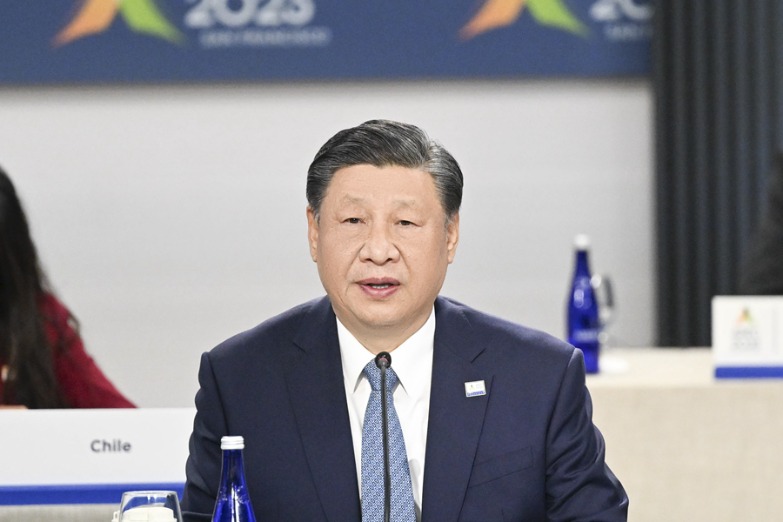
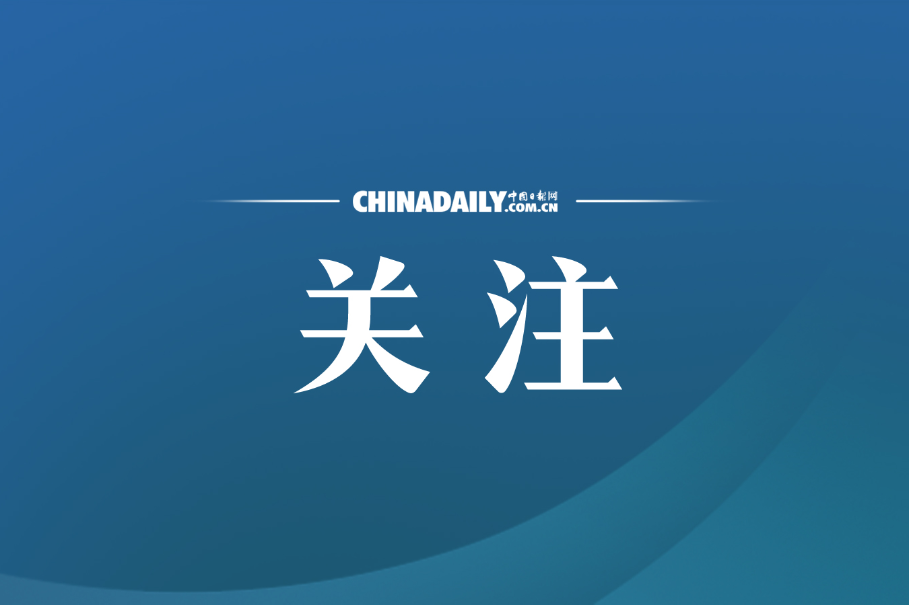
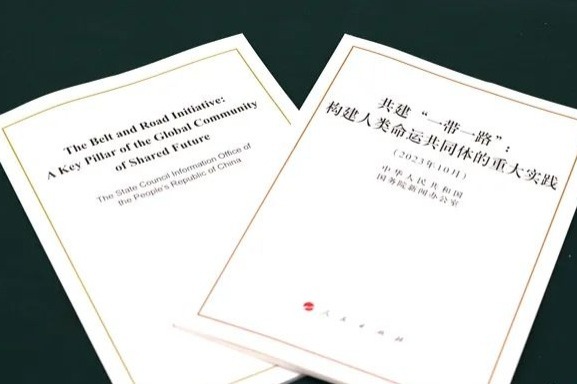
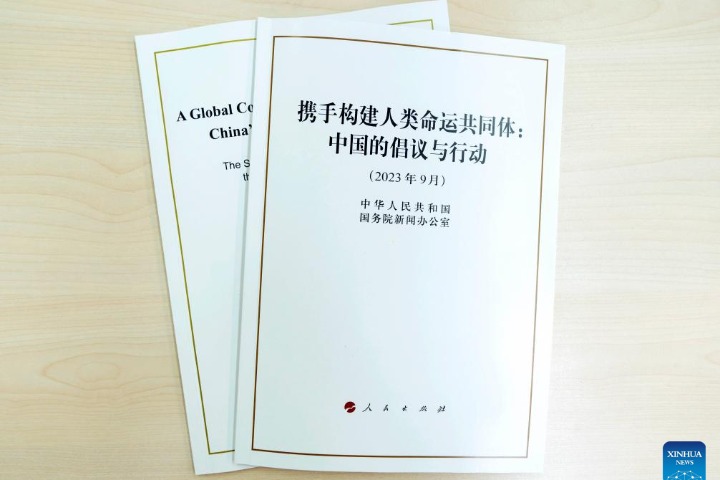
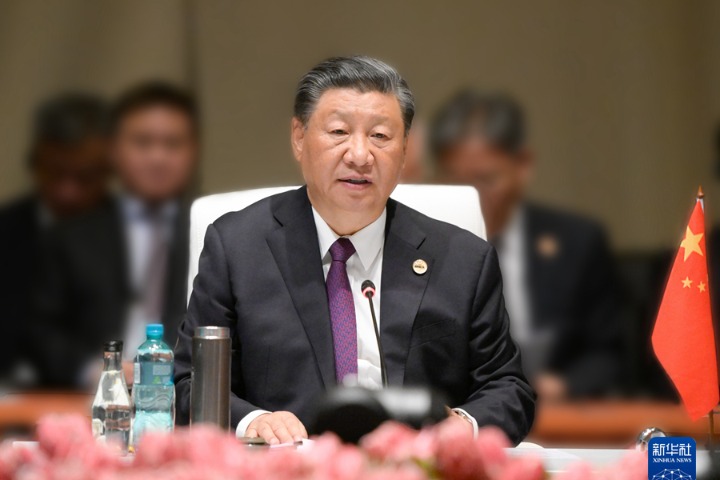



 英語點津微信
英語點津微信 雙語小程序
雙語小程序